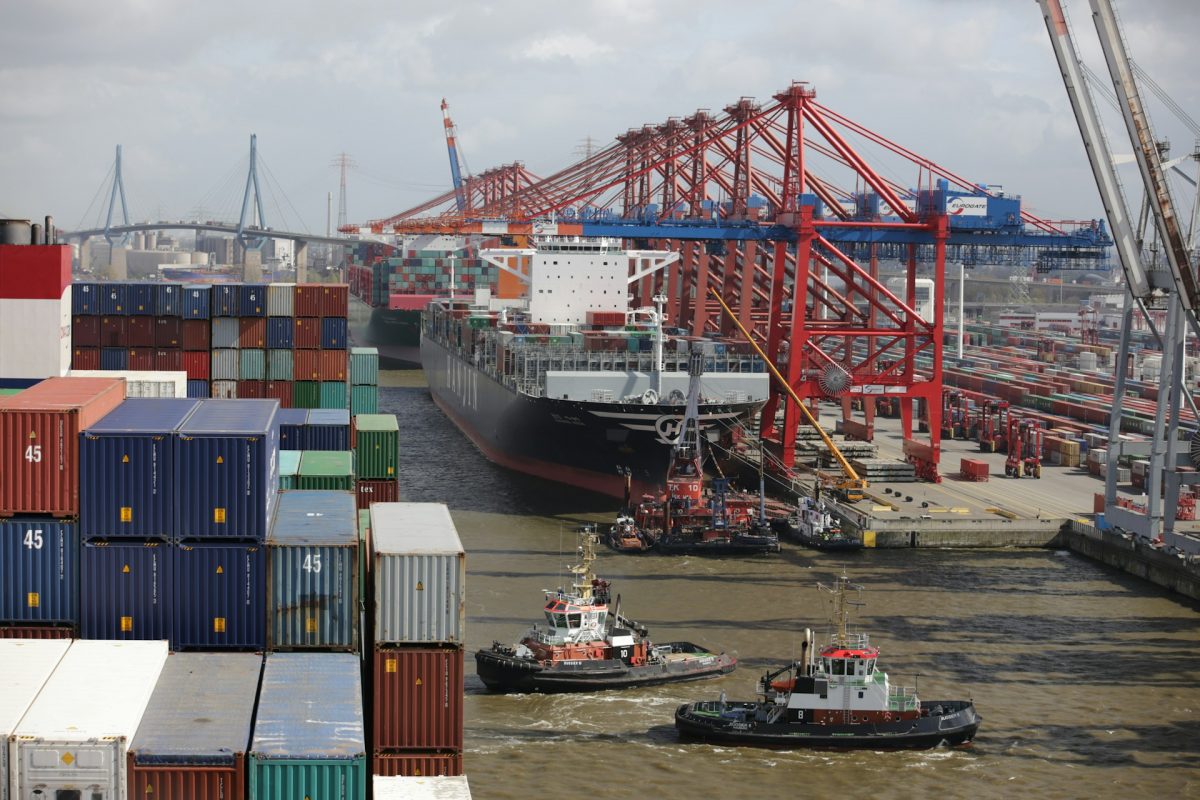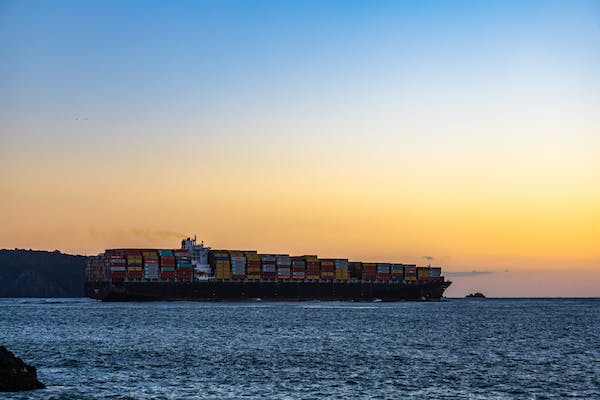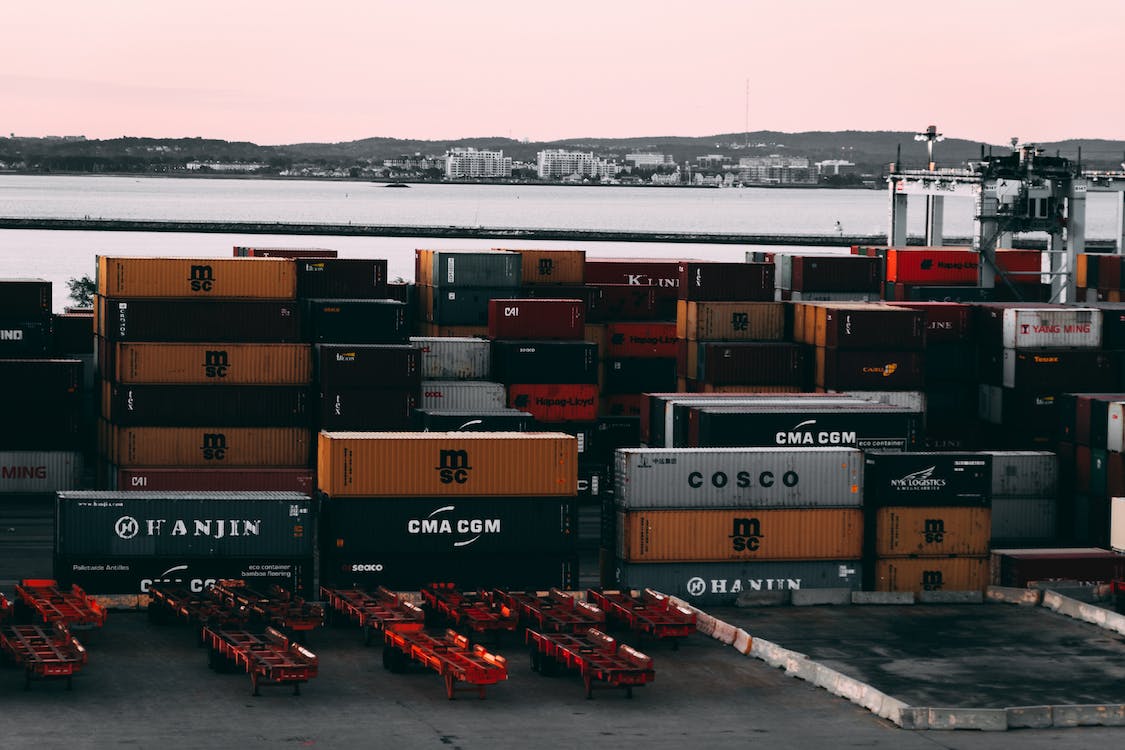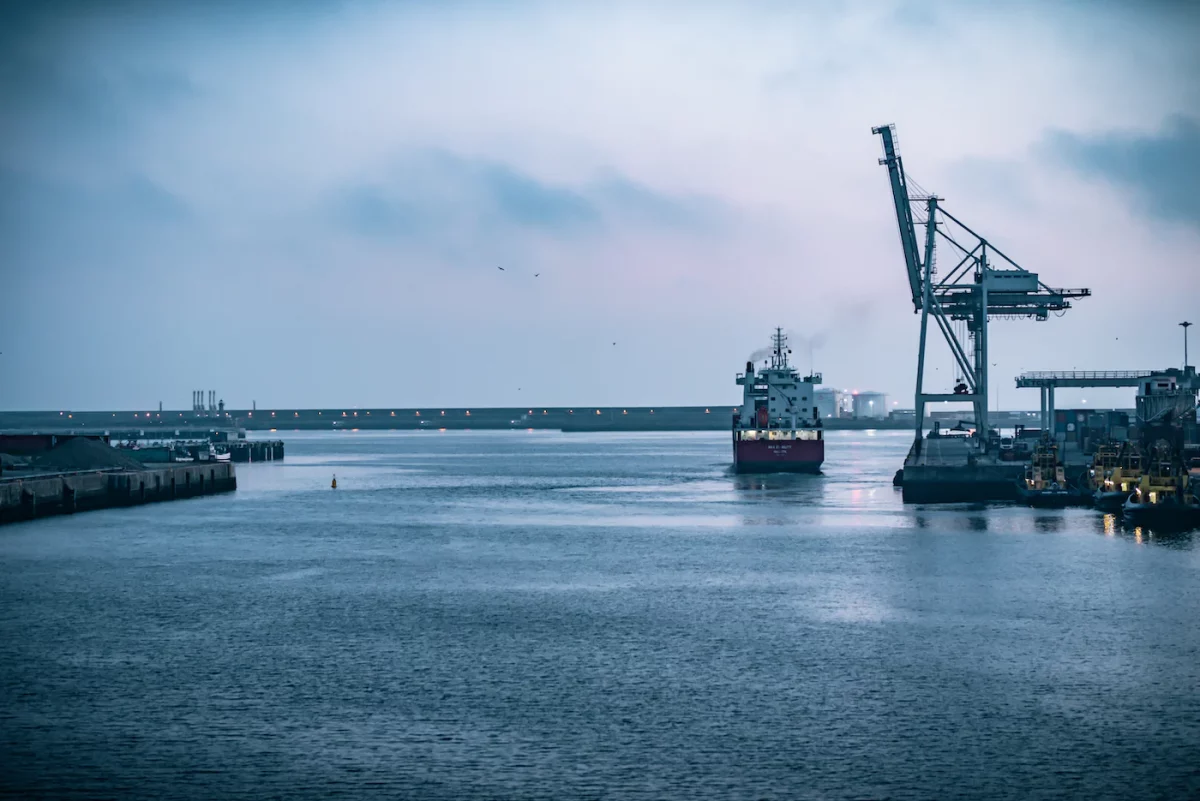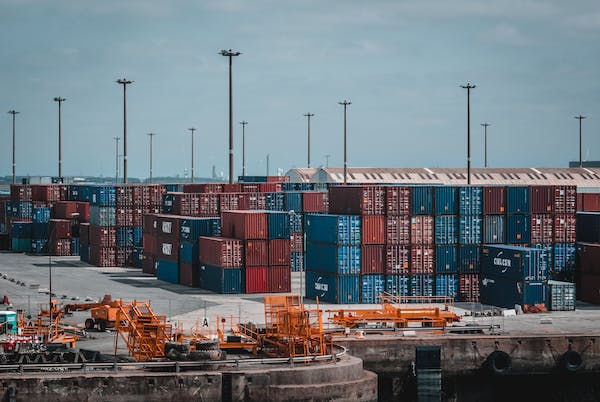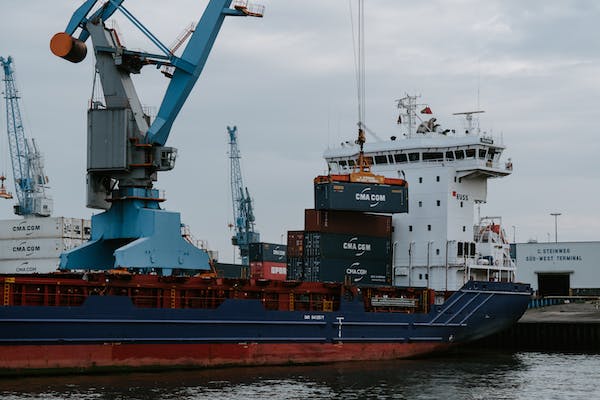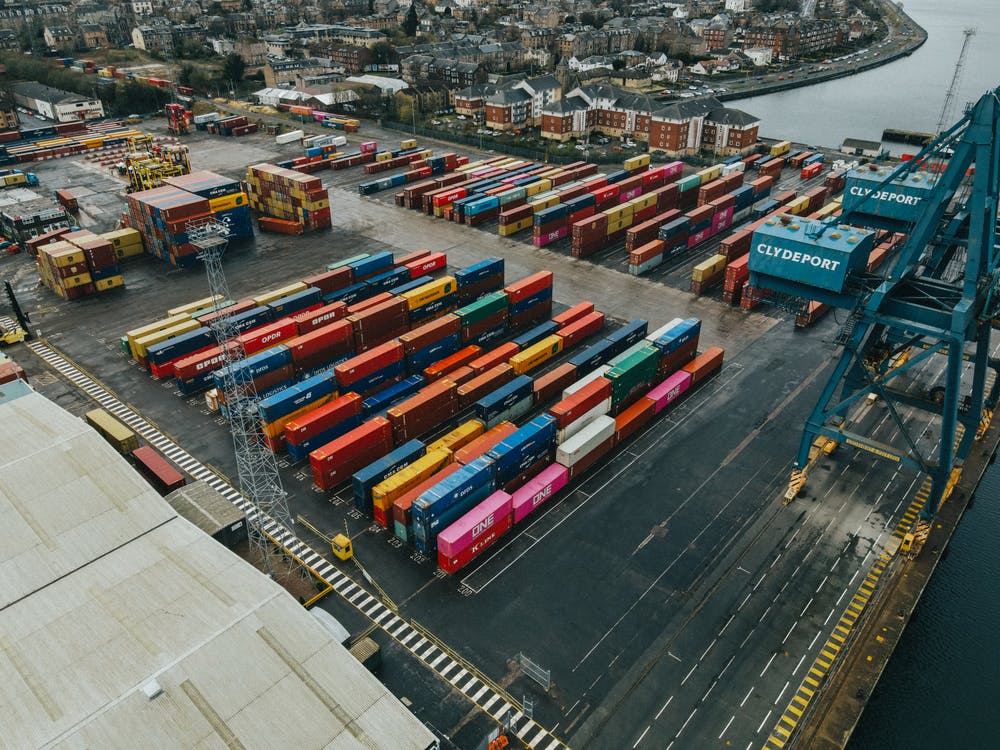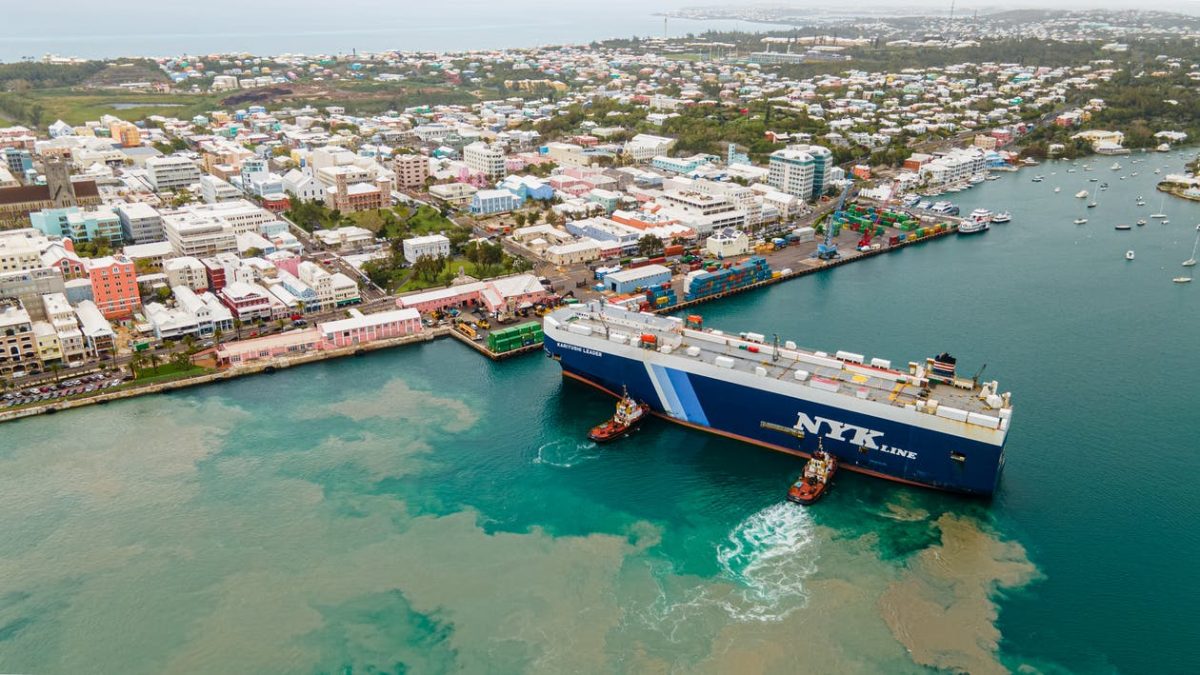Dos and Don’ts of International Shipping: A Guide
Shipping: A Guide
International shipping is a robust aspect of the global economy, linking businesses and consumers across borders and continents. While international freight forwarding is a game changer, navigating it is a complex process.
If you are a business expanding globally or an individual seeking personal packages, comprehending the difficulties, as well as the dos and don’ts, when shipping is a great key. This will ensure that packages will arrive efficiently at their destination without any disputes along the shipping process.
Understanding International Shipping
International shipping is the procedure of transporting items across international borders. This often involves logistical challenges like customs clearance, global regulations, product packaging, documentation, and choosing the right shipping mode, be it via air, sea, or land.
When shipping internationally, some businesses rely on logistics companies in the Philippines and other regions to enable a seamless transaction. These firms are experts in handling complex shipping procedures such as the arrangement of break bulk shipments or coordinating with international freight forwarding services.
But in today’s global shipping industry, companies must be aware of the burdens that come with cross-border shipping, as a single mistake could lead to delays, additional costs, or even failure of delivery.
Dos of International Shipping
Following these dos can help secure your shipment reach its destination safely. These tips will streamline the process and help you avoid further issues.
- Do Proper Research on Customs Regulations
Every country has its restrictions, and understanding them is integral to assuring that goods will not be deferred or confiscated. As customs regulations differ from country to country, proper research is necessary to guarantee that shipment meets all the legal requirements. It may include an adequate process for paperwork which shall be submitted to authorities in both the origin and destination countries.
- Do Choose the Correct Shipping Method
Always select the right shipping method based on timeline and the nature of goods. For instance, air freight is the best method if there is a need to ship an item immediately., yet, air freight’s transporting time is faster but is expensive.
Meanwhile, ocean freight is one of the most common methods, as it carries 80% of the international trade in goods. However, it has longer timescales despite having cheaper costs. But if you are shipping heavy items, break bulk shipping is capable of shipping cargo that does not fit into standard containers.
- Do Plan for Packaging and Labeling
Transporting goods might be full of hazards that can damage the item. Therefore, ensure that the items are securely packed to withstand the severities of international transport. This could be accomplished by opting for double-walled boxes, using foams, fillers, and bubble wraps, as well as strong tapes to seal all edges and openings.
More so, proper labelling is crucial to avoid confusion and guarantee that the package is routed correctly. Make sure to put some labels on the package, as well as on the contents of the shipment, which include warnings like ‘fragile‘ or ‘perishable‘.
- Do Track Shipments
Utilizing modern technology enables tracking shipments in real time. It is important to pick a trustworthy freight forwarding partner that supplies tracking tools, giving awareness of the progress of the shipment. Monitoring the shipping process can help in planning and anticipating its arrival and respond quickly to any delays or issues.
- Do Consider Insurance
International shipping can expose package to risks, such as theft, damage, or loss, but you can protect it by investing in insurance. This will help in mitigating potential financial losses if something goes wrong. Your logistics partner can recommend the best insurance options depending on the shipment’s value and type.
Don’ts of International Shipping
These don’ts highlight common traps to avoid that can direct to costly delays, fines, or damage to your goods. By avoiding the following, you can ensure a smoother and more successful international shipping experience.
- Don’t Ignore International Regulations
Overlooking every country’s import and export regulations could result in higher fines and delays. Hence, do not assume that shipping methods are the same everywhere. Research detailed customs guidelines, prohibited items, requirements, and taxes that might apply. Also, confirm that the shipped items meet and comply with all the local customs of the destination country to avert conflicts.
- Don’t Disregard Shipping Costs
International freight forwarding is expensive, and costs can vary significantly depending on one package’s weight, dimensions, destination, and mode of transport. Don’t make the mistake of undervaluing these costs when computing the overall price of these goods. It is required to be aware of possible ‘hidden charges’ such as customs duties, detention fees, port fees, fuel tariffs, and other taxes.
- Don’t Overlook Documentation
Incorrect and insufficient documentation can cause substantial delays in customs clearance. Make sure that all the required documents, like commercial invoices, certificates of origin, and export declarations, are finished. Missing or unaccomplished paperwork can stop goods from clearing customs, costing you more time and money.
- Don’t Use Inadequate Packaging
It is tempting to use minimal packaging to lessen shipping costs, but this can result in impaired goods. Poor packaging not only risks product integrity but can also raise the chances of theft during transit. Always ensure that the packages are safe and meet international shipping standards. To add, guarantee that they arrive in the same good condition they left.
- Don’t Ignore ‘Timing’
Shipping times can change depending on the method of transport, the distance, and the destination country. Don’t miss the timing required to move goods as neglecting it will cause delays and cancelled orders. It is fundamental to plan well ahead of time and allow sufficient lead time to account for potential delays due to customs hold-ups, rough weather, or shipping strikes. Doing research is also useful to find out the scheduling, as well as how long an export or import will take.
Final Thoughts
Navigating the international shipping industry can seem daunting, but by following these tips, you can certainly avoid such pitfalls. Whether you are a business operating large-scale shipments or individual shipping goods abroad, teaming up with a reliable logistics company like Excelsior is paramount to guarantee seamless transit.
Understanding the intricacies of freight forwarding to the nuances of break bulk shipping, is necessary for efficiently shipping your goods. By investing time in understanding the best practices in shipping, you can confidently boost your business reach or send items globally without bother or complications.



